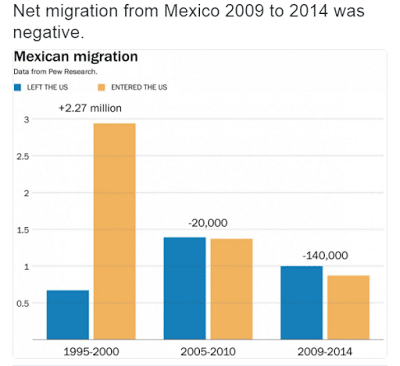Do the Capital Markets have a Political Limit?
In our age of disparity, it may be easy to accept that all time is not equal. Touch a hot surface; time seems to move slowly. Time doing an enjoyable activity goes by lickety-split.
Another inequality of time is inflection points. These are non-linear jumps, breaks in time series or investors’ reaction function–how they respond to news. Is bad fundamental news good for stocks and bonds? Is a stand pat Fed bad for the dollar? Is easing by the BOJ positive or negative for the yen?





